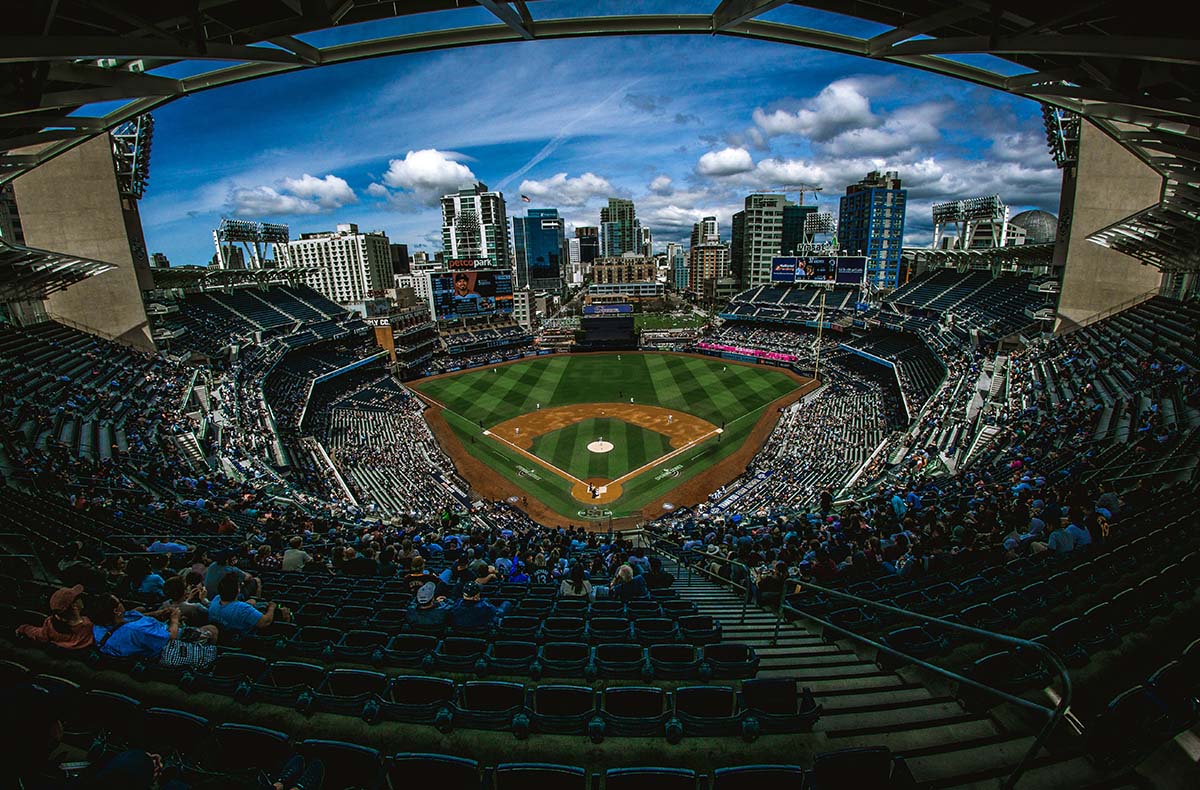
As I wrote this a week ago, there were barely over two days before the SAG-AFTRA contract with the AMPTP came to an end on July 12, 2023, at midnight PT. Its expiration will have a bigger impact than the Writers Guild of America (WGA) strike that is nearing two and a half months.
While filming was still happening after the WGA strike began, the SAG-AFTRA strike shut down whichever films and TV series are still in production. This includes the Ryan Murphy shows, which will now see some serious setbacks to production.
The common thinking in May was that the WGA strike would need to end in early July if the studios wished to save the fall TV season. It’s already very late in the process. Shows usually start their writing rooms in late spring before moving on to production during the summer. Anything filming on location was picketed in May and June. An increasing number of pickets led many series to just go on pause until after the strike because the Teamsters wouldn’t cross the picket line.
SAG-AFTRA’s strike means an uphill climb to get shows on anyone’s radar as the fall season begins, and The Television Critics Association (TCA) already canceled their Summer 2023 press tour because of the WGA strike. The press tour, which takes place in summer and winter, allows TV press to collect their coverage for the upcoming year.
Similarly, most studios have pulled out of Hall H at the San Diego Comic Con. It’s going to be scaled down and largely back to basics. Interestingly, Universal Pictures delayed Strays until August because of the WGA strike shutting down the late shows. One wonders if they will delay it again until the late shows are back in production or stick with the August date.
Further on down the road is September’s Emmy Awards. While nominations are still on schedule, there has been chatter that the Television Academy could delay the awards ceremony until a later date. Nothing is official at the moment but delaying the ceremony could mean a busy awards season should both WGA and SAG-AFTRA reach agreements with the AMPTP before Oscar season kicks into full gear.
SAG-AFTRA is already preparing publicists for what actors can and cannot do during the strike. The looming strike is a contributing factor to junkets taking place earlier for both Oppenheimer and Barbie. Both films are opening after the contract expires. While Barbie held its world premiere on July 9, co-writer Noah Baumbach opted not to attend the premiere due to the current WGA strike. Time and time again, writers have opted to not attend because of the strike. It’s very different for indie films playing film festivals as some screenwriters both attended and participated in Q&As.
It is in everyone’s best interest for the AMPTP to offer a fair contract to both performers and writers. Back in 2008, the WGA strike came to an end after they took a deal similar to that of the DGA. Of course, there were those who believed it didn’t go far enough. Writer/director Todd Phillips, who doesn’t “think that unions should exist,” and Aaron Sorkin opposed the previous strike and said so during a Hollywood Reporter roundtable in November 2010. Interestingly, Sorkin very much agreed with Phillips not wanting the WGA to be fighting his battles:
“I agree with Todd 100 percent, and I am a union guy. My grandfather was one of the founders of the International Ladies’ Garment Workers’ Union, which is not a powerful union, but an important union. A union makes sense when people have more power as a group than they do as individuals. I have considerably more power as an individual than as a member of that group, and I am forced to be a member of that union in order to work.”
To my knowledge, neither has said anything during this go around. The writers are fighting for more writers to be present on set.
After talks broke down between the WGA and AMPTP in May, the WGA went public with their proposals and the AMPTP’s counter offerings. In many of the categories on the table, the studios refused the WGA proposals and refused to make a counter.
The WGA strike could have ended at any point this summer but the studios refused to come back to the table. With a SAG-AFTRA strike, it’s a pressing concern.
A number of productions decided to pause because of the WGA strike. What we’re seeing happening in Hollywood is much different than the pandemic production pause. When CBS and NBC released their fall network schedules in May, it was with wishful thinking that the strike would be over. As things currently stand, there’s no way that new episodes of NCIS or Law and Order will be premiering in the fall. ABC went with a different route but regardless, unscripted programming will be dominating the schedule as networks prepare for the strike fallout.
Unscripted started taking over schedules during the last strike, which took jobs away from comedy and drama writers. It’s only going to get worse before it gets any better. This is not helped by streamers hiding their numbers or canceling a series before audiences get a chance to discover it. Not everyone has time to binge-watch a new series from the minute it’s dropped. Even those of us who watch TV and films for a living do not have enough time in the day to watch everything.
The strikes will not end because of writers and performers caving. It’ll end because the studios will come to their senses—let’s hope sooner rather than later.



